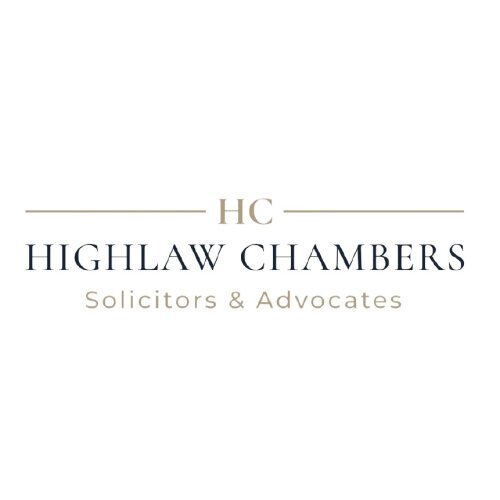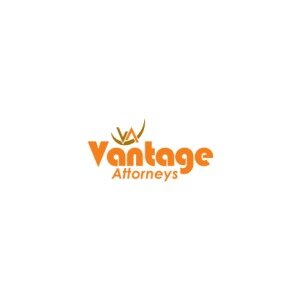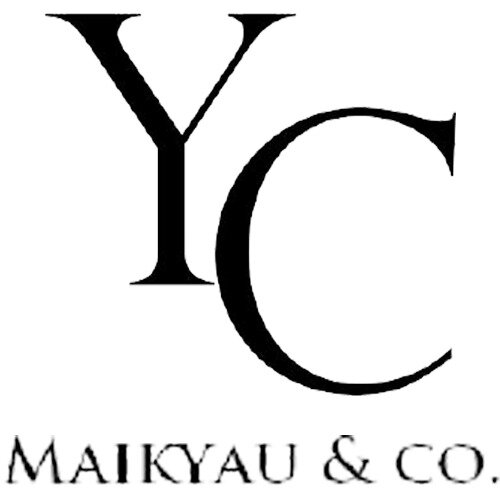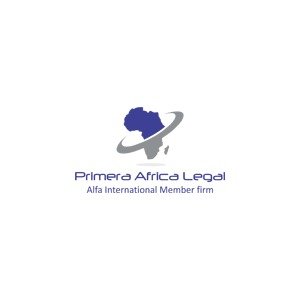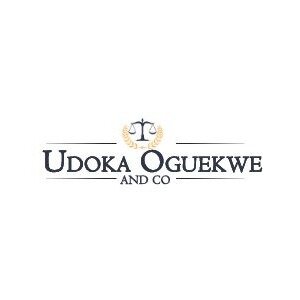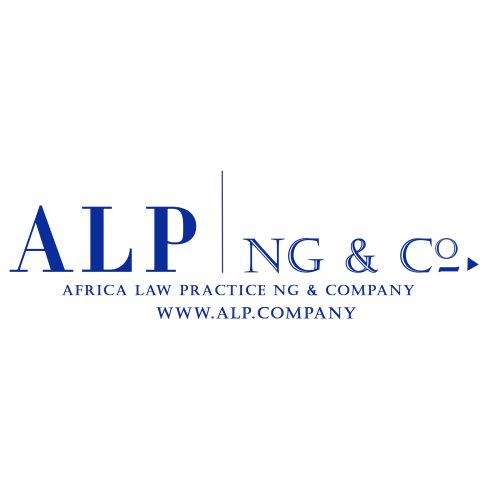Best Mining Law Lawyers in Abuja
Share your needs with us, get contacted by law firms.
Free. Takes 2 min.
List of the best lawyers in Abuja, Nigeria
About Mining Law in Abuja, Nigeria
Mining Law in Abuja, Nigeria refers to the body of statutes, regulations, and guidelines that govern the exploration, extraction, processing, and export of mineral resources within the capital territory and the country at large. Nigeria is endowed with a variety of solid minerals, including gold, tin, coal, limestone, and more, which can be found in different regions including around Abuja. The mining sector is regulated primarily under the Nigerian Minerals and Mining Act, 2007, as well as various supporting regulations. These laws aim to ensure that mining operations are conducted responsibly, resource ownership is well defined, and both the environment and host communities are protected.
Why You May Need a Lawyer
Mining operations are complex and highly regulated. Individuals, businesses, or communities can encounter numerous situations where legal assistance is essential in navigating Mining Law in Abuja, Nigeria. Some common scenarios include:
- Obtaining mining licenses or leases from relevant government agencies
- Ensuring compliance with environmental regulations and community development agreements
- Resolving disputes with landowners, the government, or other mining interests
- Handling tax, royalty, and fee obligations associated with mining activities
- Negotiating contracts with suppliers, transporters, or offtakers
- Managing employment and labor issues within mining sites
- Addressing concerns over compensation, resettlement, or local content requirements
- Structuring joint ventures or partnership agreements for mining projects
- Responding to inspection, enforcement, or potential sanctions from regulatory authorities
Legal advice can help prevent costly mistakes, ensure compliance, and protect your interests at every stage of mining operations.
Local Laws Overview
In Abuja, mining activities are largely governed by federal law, primarily the Nigerian Minerals and Mining Act, 2007, which applies throughout the country. Key aspects relevant to Mining Law in Abuja include:
- Licensing: All mining operations require appropriate licenses (such as reconnaissance permits, exploration licenses, small-scale mining leases, and mining leases), issued by the Mining Cadastre Office.
- Land Ownership and Use: The Act vests ownership of mineral resources in the federal government, though land access may require negotiation with local landholders or authorities.
- Environmental Protection: Operators must comply with environmental guidelines, obtain Environmental Impact Assessments, and implement plans to mitigate negative impacts.
- Community Development: Mining companies are obligated to execute Community Development Agreements with host communities for certain operations.
- Royalties and Fees: There are prescribed royalty rates and other financial obligations to the government, including annual rents and fees.
- Inspections and Enforcement: Federal authorities are empowered to monitor and inspect mining operations to ensure compliance.
- Dispute Resolution: Specialized procedures and bodies handle disputes related to mining, including appeals processes and recourse to the courts.
Frequently Asked Questions
What is the first step required to start mining in Abuja?
The initial step is to apply for the relevant permit or license from the Mining Cadastre Office, depending on whether you intend reconnaissance, exploration, or full-scale mining.
Who owns mineral resources in Abuja?
All mineral resources are owned by the Federal Government of Nigeria, irrespective of who owns the land where they are found.
Do I need an Environmental Impact Assessment before mining?
Yes, before commencing mining operations, you must obtain and submit an Environmental Impact Assessment approved by relevant authorities.
What are the penalties for illegal mining in Abuja?
Illegal mining activities can attract substantial fines, confiscation of equipment or minerals, and possible prosecution, as stipulated in the Minerals and Mining Act.
How are disputes between miners and host communities resolved?
Disputes are typically addressed through Community Development Agreements and may escalate to mediation, arbitration, or court when necessary.
Can foreign investors participate in mining in Abuja?
Yes, foreign individuals and companies can participate but must comply with Nigerian laws, obtain proper licenses, and may be subject to local content requirements.
Are there specific tax obligations for mining companies?
Mining companies are subject to royalties, annual surface rents, and several taxes, including Company Income Tax and Value Added Tax.
How long is a mining lease valid in Nigeria?
A mining lease is generally valid for up to 25 years and can be renewed, subject to compliance with relevant regulations.
What government bodies oversee mining in Abuja?
The Ministry of Mines and Steel Development, the Mining Cadastre Office, and the Mines Inspectorate Department are primary regulatory bodies overseeing mining activities.
Can small-scale miners operate legally in Abuja?
Yes, small-scale mining is recognized under the law, but operators must obtain a Small-Scale Mining Lease and comply with all regulatory requirements.
Additional Resources
If you need more information or guidance on Mining Law in Abuja, Nigeria, consider contacting the following authorities and organizations:
- Ministry of Mines and Steel Development
- Mining Cadastre Office
- Mines Inspectorate Department
- Federal Ministry of Environment (for EIAs and environmental compliance)
- Nigerian Investment Promotion Commission
- Nigerian Bar Association (for professional legal contacts)
- Abuja Chamber of Commerce and Industry (for business-related matters)
Next Steps
If you are considering engaging in mining activities or facing a legal issue related to mining in Abuja, Nigeria, here is how you can proceed:
- Gather all relevant documents and information about your mining interest or issue
- Consult with a qualified lawyer specializing in Mining Law in Nigeria
- Engage with the appropriate regulatory agencies to understand your obligations and rights
- Consider alternative dispute resolution mechanisms if disputes arise with other parties
- Stay informed about changes in mining laws, policies, and best practices that may affect your operations
Taking these steps can help you navigate the legal aspects of mining with confidence and ensure your interests are well protected in Abuja, Nigeria.
Lawzana helps you find the best lawyers and law firms in Abuja through a curated and pre-screened list of qualified legal professionals. Our platform offers rankings and detailed profiles of attorneys and law firms, allowing you to compare based on practice areas, including Mining Law, experience, and client feedback.
Each profile includes a description of the firm's areas of practice, client reviews, team members and partners, year of establishment, spoken languages, office locations, contact information, social media presence, and any published articles or resources. Most firms on our platform speak English and are experienced in both local and international legal matters.
Get a quote from top-rated law firms in Abuja, Nigeria — quickly, securely, and without unnecessary hassle.
Disclaimer:
The information provided on this page is for general informational purposes only and does not constitute legal advice. While we strive to ensure the accuracy and relevance of the content, legal information may change over time, and interpretations of the law can vary. You should always consult with a qualified legal professional for advice specific to your situation.
We disclaim all liability for actions taken or not taken based on the content of this page. If you believe any information is incorrect or outdated, please contact us, and we will review and update it where appropriate.




